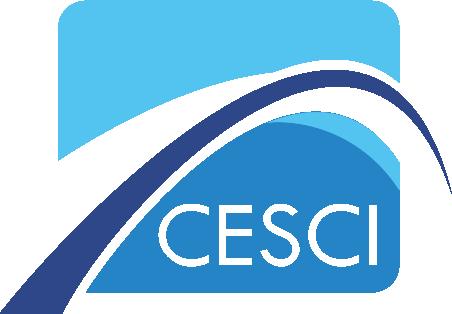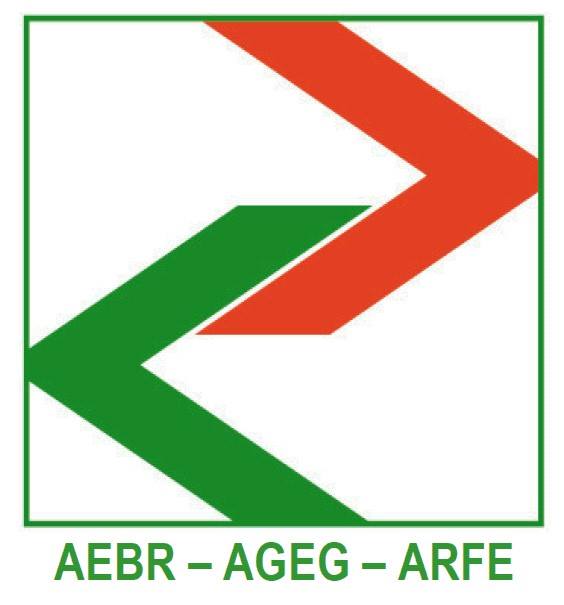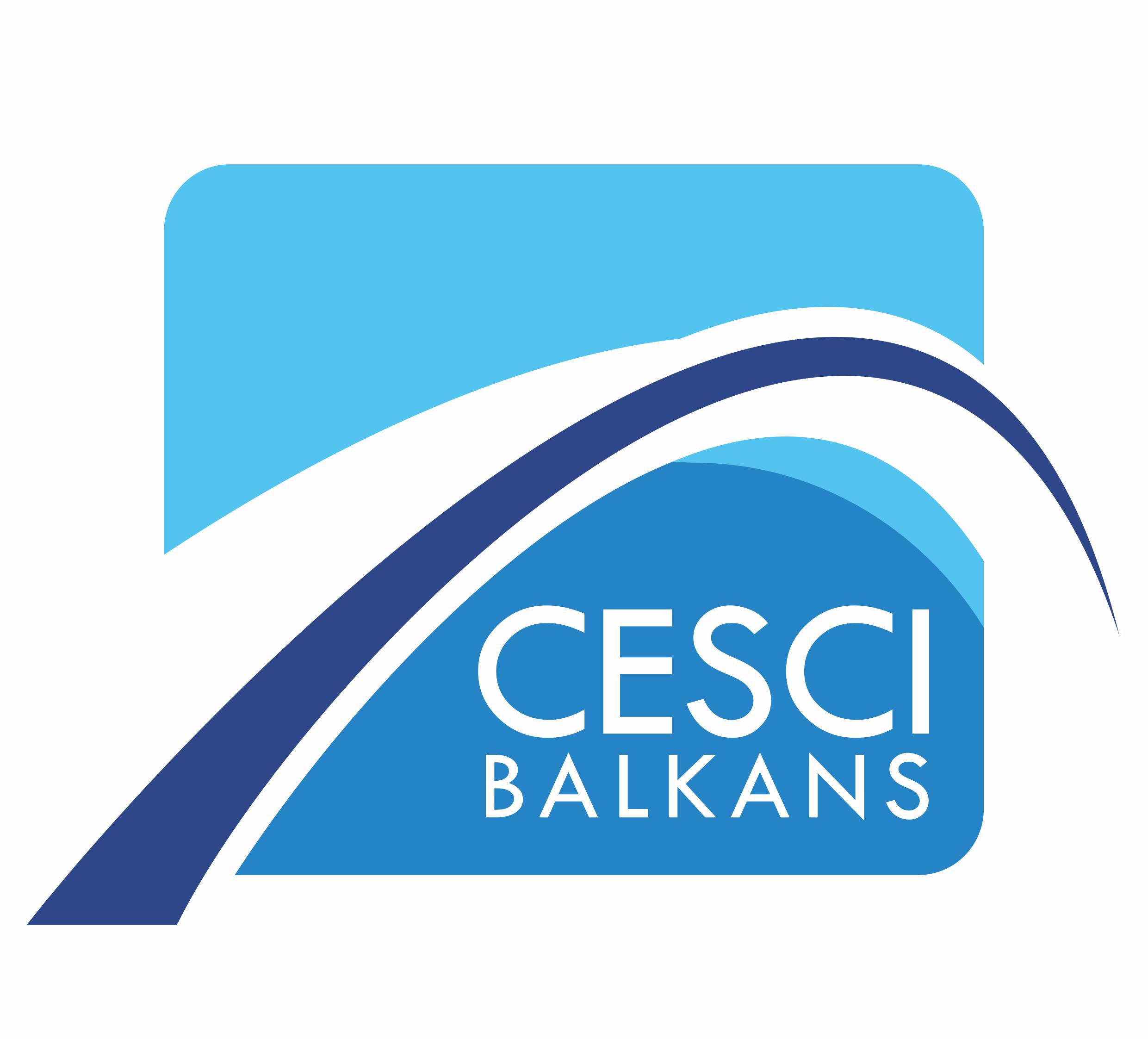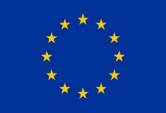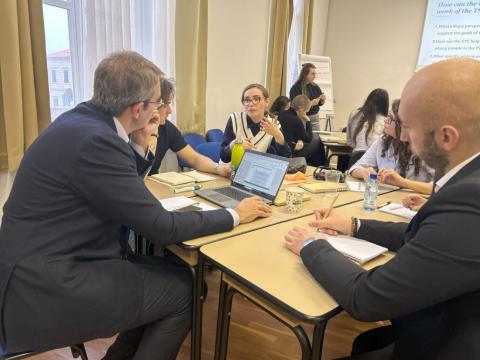
On 22nd November, the first meeting of the Youth Council, an independent advisory body within the EU Strategy for the Adriatic-Ionian Region (EUSAIR), was held in Dubrovnik.
The key takeaway from this inaugural meeting was clear: if the societal challenges faced by young people transcend national borders and are similar across the Adriatic-Ionian region, they should be addressed at a regional level. The Council is made up of two representatives under the age of 30 from each of the 10 countries participating in EUSAIR. As an independent advisory body, its role is to provide new perspectives to the work of EUSAIR experts. The Council will collaborate with the Thematic Steering Groups, the Governing Board, other youth councils from EU macro-regional strategies, and organisations in the Adriatic-Ionian Region.
"Many young people in the Adriatic-Ionian region encounter similar daily challenges, such as the increasing migration of their peers to Western countries for work or issues related to the environment. Through cooperation and the sharing of experiences, we are confident that these ambitious young individuals can develop effective solutions. After all, cultural exchange in this region is not a new concept. As observed during the Dubrovnik meeting, they are already familiar with the region's circumstances and frequently discuss them. Through the EUSAIR Youth Council, we aim to provide them with additional opportunities for collaboration," said Lidija Pansegrau Hadrović, the national coordinator for EUSAIR and the EU Strategy for the Danube Region at Croatia's Ministry of Foreign and European Affairs.
During the first meeting in Dubrovnik, participants expanded their knowledge through presentations on European funds, cohesion policy, macro-regional strategies, and EUSAIR in general. Coordinators introduced the foundations and operations of EUSAIR's five thematic pillars: Blue Growth, Connecting the Region (transport and energy), Environmental Quality, Sustainable Tourism, and Social Cohesion.
In group discussions, participants explored potential solutions to regional challenges and identified actions that could be undertaken within EUSAIR. On the second day, the function of the EUSAIR Youth Council was further discussed, and its members took on roles and responsibilities within the Council.
Members of the EUSAIR Youth Council emphasised the importance of such communities in driving positive change within the Adriatic-Ionian Macro-region. They stressed the value of amplifying the voices of young people in their respective countries, bringing a renewed sense of hope and demonstrating that active efforts are underway to foster socio-economic development in the region. By connecting young people with shared goals—such as preserving their common space and improving the region through innovative approaches—these communities play a vital role in encouraging collaboration and progress. Furthermore, participants highlighted the need for effective communication about the Strategy and its objectives. They underlined the importance of informing peers and other young people about the Strategy’s work, encouraging their involvement to build a sustainable future based on cooperation and innovation.
The inaugural meeting in Dubrovnik was also attended by representatives from the European Commission, which supports the work of the EUSAIR Youth Council and other youth councils in EU Macro-regional Strategies, including the Danube Youth Council and the EUSALP Youth Council.
The EU Strategy for the Adriatic-Ionian Region encompasses four EU member states (Croatia, Greece, Italy, Slovenia), five candidate countries (Albania, Serbia, Montenegro, Bosnia and Herzegovina, North Macedonia), and San Marino.

